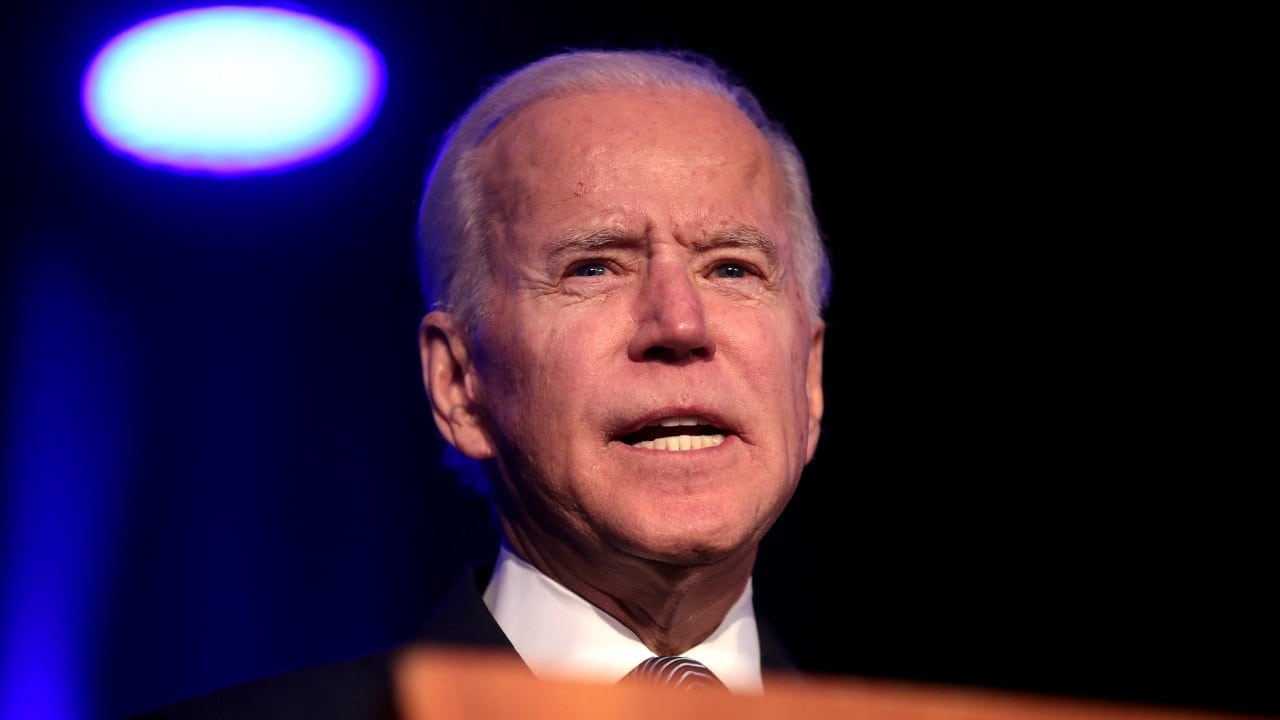The emergence of violence in Israel will spark debates over how the U.S. can sustain its continued support for Ukraine.
The shocking scenes seen in Israel last weekend were a surprise, but they underscore the growing tensions of an increasingly unstable world. Russia’s full-scale invasion of Ukraine came months before further fighting between Azerbaijan and Armenia in Nagorno-Karabakh, and increased hostility between Serbia and Kosovo.
Understandably, many Western nations – particularly the U.S. – are beginning to wonder how support for Kyiv can be maintained. In the past week, reports have emerged of Western democracies running low on available munitions for Ukraine.
It’s not just military suppliers running on empty; voter apathy is growing toward Ukraine, particularly in Republican circles. The Biden administration has already provided more than $70 billion in aid to the country so far, at a time when domestic issues affecting the day-to-day lives of Americans remain prevalent.
There’s a reason why voters are becoming skeptical, and it’s all to do with honesty.
A War For Years
Kyiv’s Western allies have somewhat admitted that the Ukraine war will go on for the best part of this decade, with funding packages announced by the European Union until 2027. Joe Biden needs to level with the American people on how long this war could go.
Let’s face it, the EU is right. Ukraine’s summer counteroffensive saw some successes, but not the major breakthrough many had envisioned. Russian gains in the east counter liberations in the south, the area controlled by either country largely remaining the same since the end of last year.
We’re constantly told by Western governments that the support will help Ukraine “defeat” Vladimir Putin’s occupying forces. Yes, that’s technically correct, but the messaging associated with announcements of new equipment leads many to believe that the delivery of F-16s will be the ultimate crushing blow to Russia. In reality, they may help liberate some parts of the country, but will not win the war.
Support for Ukraine must continue – the brave men and women fighting for their country are preventing the Kremlin from considering encroachments in other nations. That said, politicians must be honest with their electorate: The war’s going to go on for years, as evidenced by the fact that many Ukrainians consider the start of the conflict to be 2014, not 2022.
A more honest approach to the duration and likely outcomes of the war is needed to maintain the required public support. Fearmongering, no; honesty, yes. If the public is consistently told to expect a major breakthrough, or at least a step toward Ukrainian victory, and it continues not to happen, many will soon grow tired of a conflict more than 4,000 miles away from home.
Maintaining public confidence is essential. If it falters, politicians have less ground to continue their vigorous support of Ukraine, resulting in less funding, less equipment, and, ultimately, a Russian victory.
Shay Bottomley is a British journalist based in Canada. He has written for the Western Standard, Maidenhead Advertiser, Slough Express, Windsor Express, Berkshire Live and Southend Echo, and has covered notable events including the Queen’s Platinum Jubilee.

